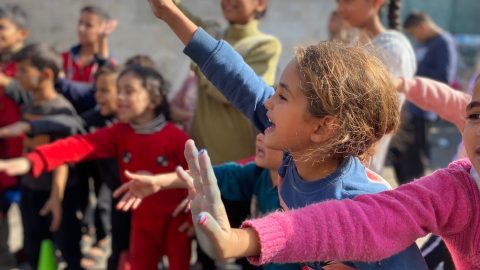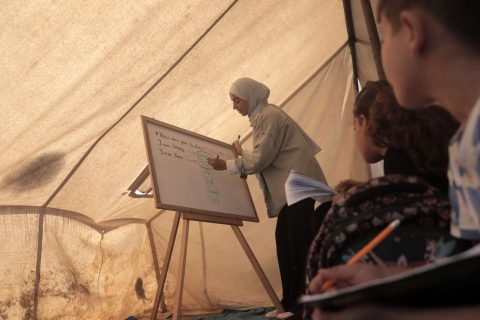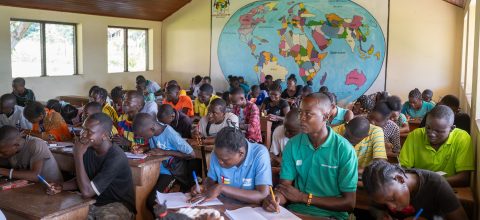ENABLING ACCESS TO RELEVANT
TECHNICAL AND VOCATIONAL TRAINING
IN EAST AFRICA
ENABLINGACCESSTORELEVANTTECHNICALANDVOCATIONALTRAININGINEASTAFRICA
Attending Technical and Vocational Education and Training (TVET) is an excellent way to develop skills needed in the job market. However, young refugees, internally displaced people and their host communities often lack access to such trainings.
FCA has, along with its partners, worked to provide relevant and easily accessible TVET programmes in countries such as Uganda, Somalia, South Sudan, Jordan, Cambodia and Nepal. One of the focuses has been connecting relevant training to market needs based on the Linking Learning to Earning (LL2E) approach. The relevant training has been connected to market needs, in part by promoting ICT skills and favouring digital professions where relevant. In Uganda this, combined with career counselling and entrepreneurship training, resulted in 71 percent of the graduates finding work after TVET.
Another focus has been to better female participation in TVET. This has been done through addressing childcare needs, arranging safe transport options and tackling gender-biased career choices.

About the study
In order to identify best practices related to access to TVET programmes for refugees and internally displaced people (IDPs), as well as their host communities, and their transition to the labour market, FCA, the United Nations Commissioner for Refugees (UNHCR), International Labour Organization (ILO), and Deutsche Gesellschaft für Internationale Zusammenarbeit (GIZ) commissioned a study to review TVET systems and programmes implemented by various actors across five countries – Ethiopia, Jordan, Kenya, Sudan and Uganda.
In the joint study Skills and Labour Market Transitions for Refugees and Host Communities (DOWNLOAD FULL STUDY HERE) the partners identified solutions to overcoming barriers in accessing TVET. The study also pinpointed best practices for an effective transition to the labour market and recognized success factors regarding retention in, and completion of, TVET programmes.
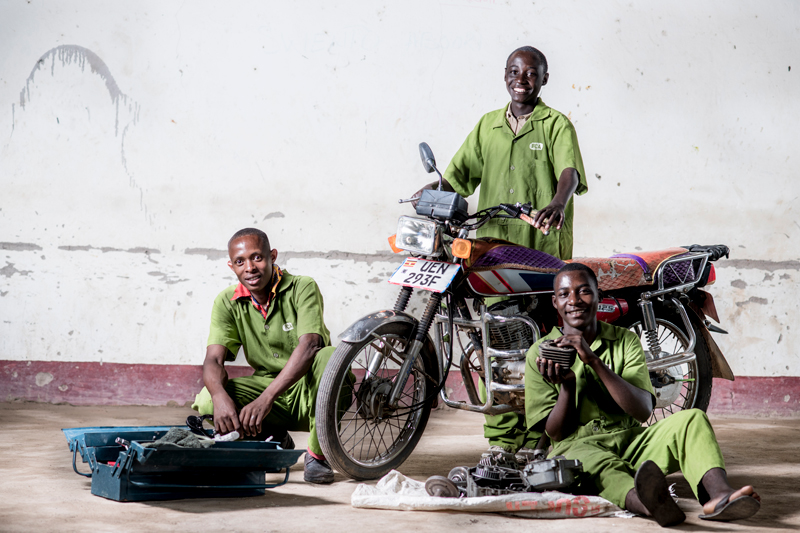
Best practices identified
- Engage the private sector in curricula building and employment paths.
- Integration of career guidance and counselling for smoother paths to employment.
- Embed entrepreneurship skills in TVET.
- Enhance access to normal work for refugees and permits to enter the formal economy.
- Promote ICT skills and favour digital professions such as Creative Industries and greening TVET.
- Arrange safe transport and childcare for better female participation.
- Promote recognition of prior skills and apprenticeship modalities in TVET to open pathways for eg. people with low literacy skills

Results of the Rwamwanja project in Uganda
- Career counselling connected graduates with employers and entrepreneurship training helped them start their own business. 71 percent of the graduates found work after TVET.
- Female participation was bettered through community-based courses, accommodating distance and addressing childcare needs of young mothers.
- Partnerships with other organizations enabled developing digital skills among a selected group of refugees.
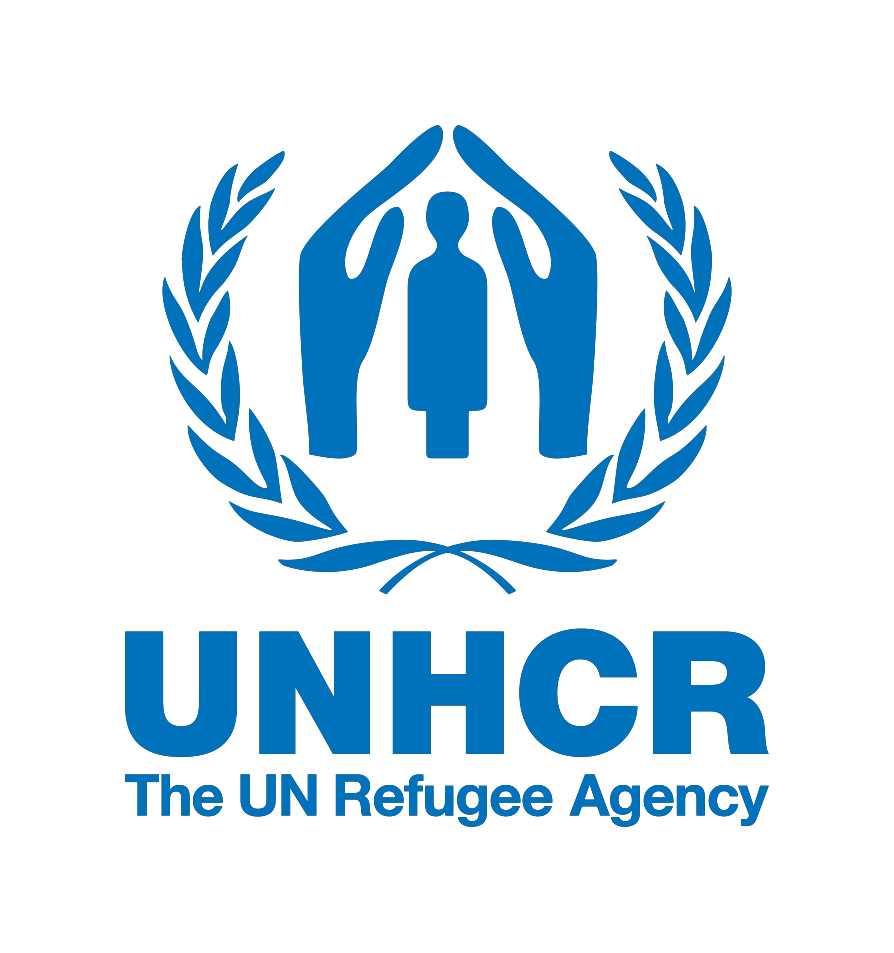
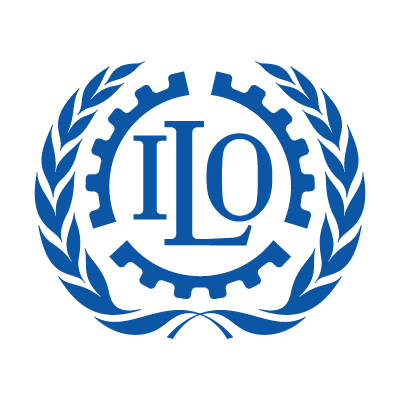


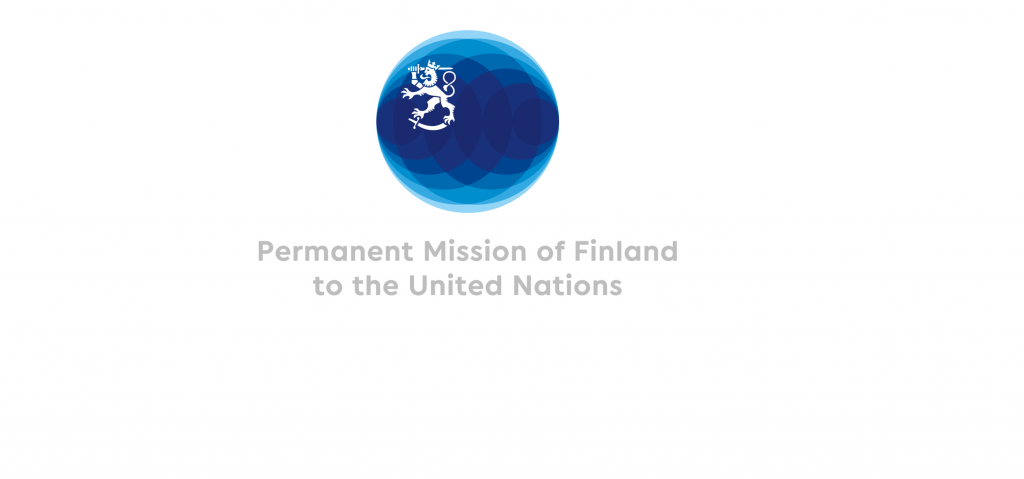
Acknowledgements
This report was drafted by Nicola Giordano, Federico Ercolano and Marta Makhoul at Action Against Hunger UK, and reviewed by staff from UNHCR, ILO, GIZ and FCA. It benefited from financial support from UNHCR and ILO and technical support from GIZ and FCA. The core team of the four collaborating agencies is grateful to the field and regional colleagues and other humanitarian and development partners who provided valuable information and documentation to this study, and joined national validation events in each of the countries covered.
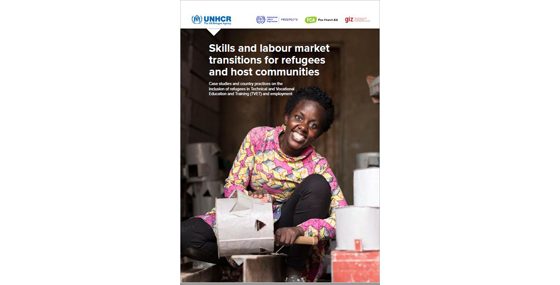
Download the full report here
Media Contact
Ms Ruth Owen
Manager of International Communications, Finn Church Aid
E-mail: Ruth.Owen[a]kua.fi
